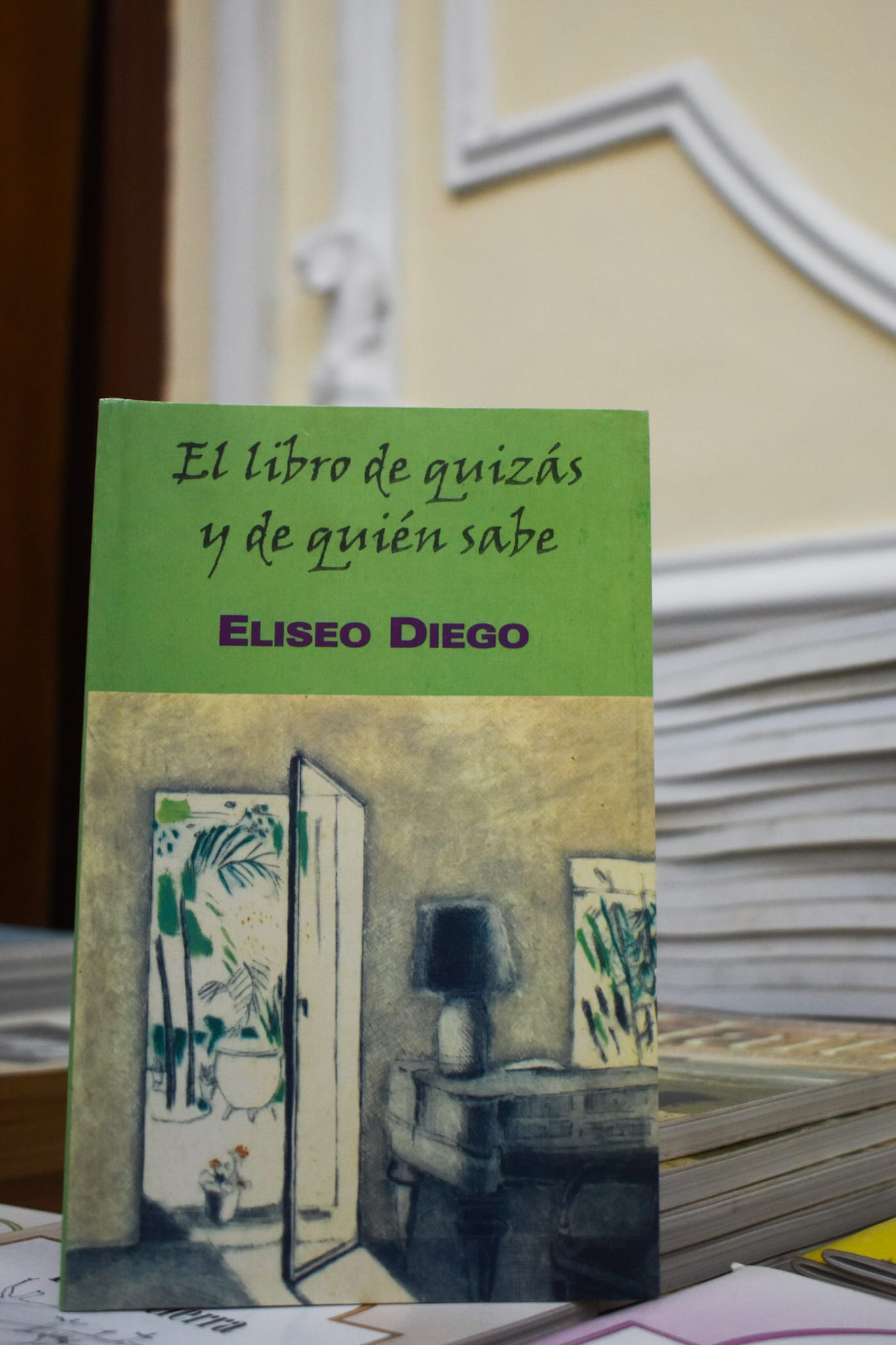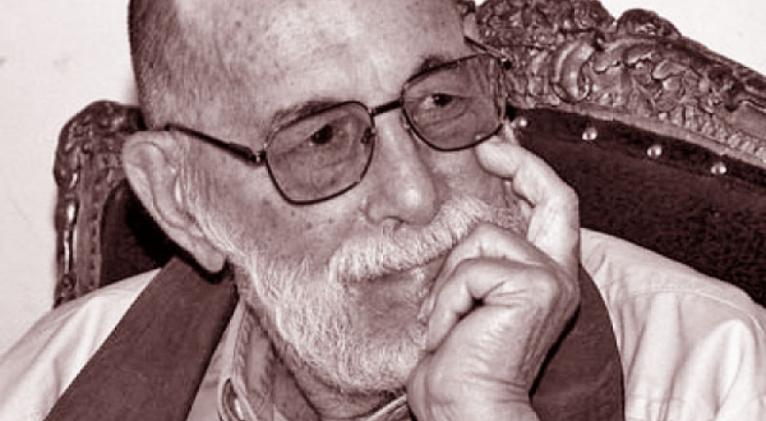El libro de quizás y de quién sabe, by the remarkable maestro Eliseo Diego

“Poetry is the act of attending to humanity in all its purity.” This statement, made by the notable writer Eliseo Diego, shines throughout the 127 pages of El libro de quizás y de quién sabe, published by Ediciones Unión, a branch of the Cuban Writers and Artists Union (UNEAC).
This precious gem enriches Cuban literature, inviting readers to reflect deeply. Certainly, this volume defies easy classification, as it encompasses a diverse array of topics and themes. At its core, however, language reigns supreme. Through careful arrangement of words, Eliseo Diego uncovers nuances, secrets, and glimpses of experiences that transform into the essence of his brief, resonant, and warm essays—an exploration of the arduous craft of writing with artistry.
Intelligent, cultured, and sensitive, Eliseo Diego exemplifies the act of creation, giving free rein to his keen observation of subtle details, sensations, and discoveries—those often overlooked—which he masterfully captures and shares through his unique, refined style. His writing is neither rushed nor forced but rather a celebration of the precise language that illuminates El libro de quizás y de quién sabe.
Each page invites careful readers to expand their cognitive universe, cultural awareness, and ability to interpret the synergies between images and linguistic signs. Diego’s suggestive language leads readers to uncover details within a singular poetics.
The talented writer achieves rare mastery in language, capturing the mystery that allows individuals to know themselves and recognize one another through shared ideas, feelings, desires, projects, and fears. In his piece Fantasmagorías, Diego writes: “Since I was very young, I must confess, I have liked ghosts. I was fascinated by stories of their misadventures. Now, as the time approaches for me to become one myself, I must confess—I don’t like them as much anymore.”
What ingenuity to craft such a personal, intertextual message while remaining accessible as he recreates the secrets of attentive observation! Eliseo Diego urges readers to recall, discover, or reflect on certain actions and unexpected moments of unease. He encourages meditation on aspects of daily existence. Everywhere, rituals of storytelling emerge in countless formats. Communication is never an external, closed, or exclusionary act; on the contrary, it serves as a gateway to social, spiritual, and constructive dimensions.
Eliseo Diego himself remarked, “The need to create must be counted among humanity’s essentials, for it resides in everyone, not just a few. It is not the privilege of a minority. Art is at once a necessity and its answer—just as hunger presupposes the bread that satisfies it, or thirst, the water.”
A wise poet and thinker, Eliseo Diego’s legacy shines in El libro de quizás y de quién sabe and throughout his body of work. His writings should be introduced from childhood to help build a mindful approach to navigating life.
To explore this cultural treasure, take advantage of the 33rd Havana International Book Fair from February 13 to 23, where you can acquire works by this extraordinary author.
Translated by Luis E. Amador Dominguez



